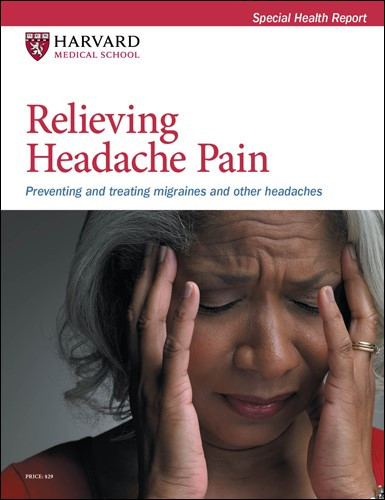Heat-related illnesses are on the rise
In the journals
- Reviewed by Howard E. LeWine, MD, Chief Medical Editor, Harvard Health Publishing; Editorial Advisory Board Member, Harvard Health Publishing

The incidence of heat-related ailments has risen over the past five years, and older men are especially vulnerable, according to a study published in December 2022 by FAIR Health, a nonprofit that studies health care costs and coverage. Researchers analyzed 39 billion health claims filed for the months May to December from 2016 through 2021, looking for those that dealt with heat stress, heat exhaustion, and heatstroke.
Heat stress is characterized by heavy sweating, muscle pain or cramps, and lightheadedness. Heat exhaustion happens when excessive sweating leads to more symptoms, including headache, nausea, dizziness, weakness, and a rapid pulse. In heatstroke, the most severe ailment, the body becomes unable to cool itself. A person with heatstroke stops sweating, and body temperature rises to dangerous levels. Without emergency care, a person with heatstroke can die or suffer permanent disability.
The researchers found that the percentage of patients who were diagnosed with any of the three ailments was higher in each month of 2021 than in the corresponding month of 2016. When looking at age and gender, heat ailments affected people ages 65 and older the most, and more men than women. The findings offer another reminder for older adults to protect themselves from sun and heat exposure and stay hydrated when spending time outdoors.
Image: © Olga Yastremska, New Africa, Africa Studio/Getty Images
About the Author

Matthew Solan, Executive Editor, Harvard Men's Health Watch
About the Reviewer

Howard E. LeWine, MD, Chief Medical Editor, Harvard Health Publishing; Editorial Advisory Board Member, Harvard Health Publishing
Disclaimer:
As a service to our readers, Harvard Health Publishing provides access to our library of archived content. Please note the date of last review or update on all articles.
No content on this site, regardless of date, should ever be used as a substitute for direct medical advice from your doctor or other qualified clinician.
















